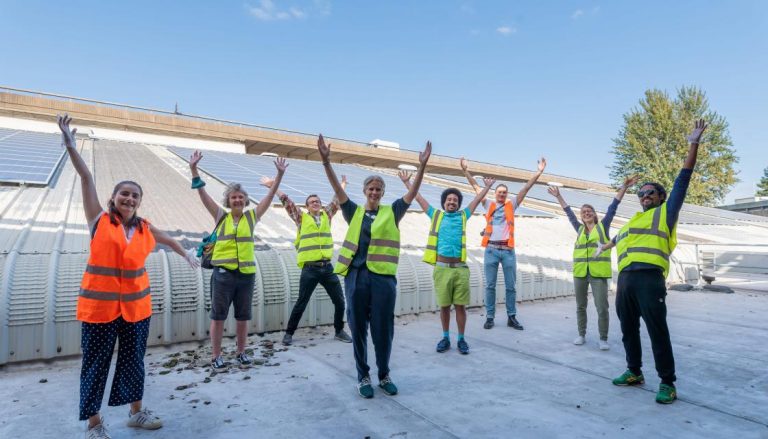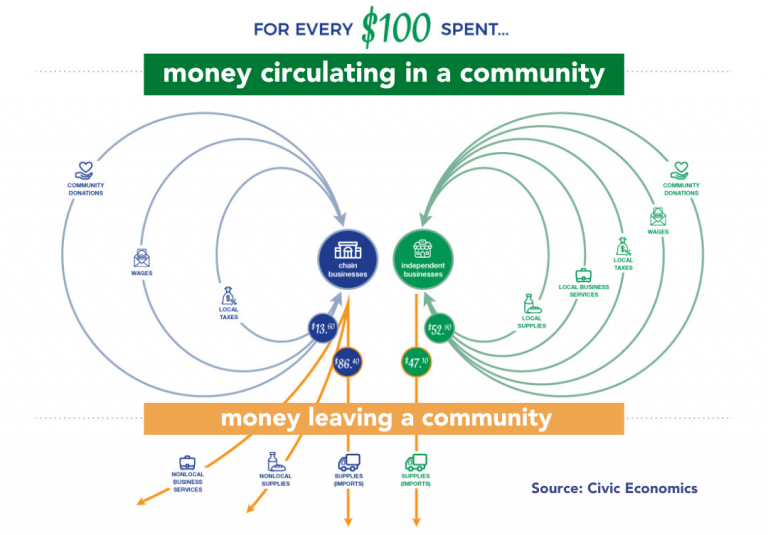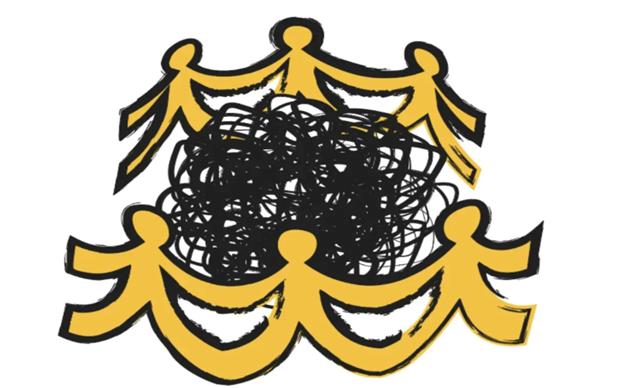Ten Principles Of Next Economy Enterprises
The 10 Principles of Next Economy Enterprises serve as critical guideposts for designing organizations from a socially just and environmentally regenerative perspective. They are emergent and malleable, derived from work with hundreds of social enterprises. Here is an outline of the 10 principles: Meet Basic Needs This principle prioritizes providing human-centered essentials like nourishing food, clean water, shelter, and medicine. It directly challenges the Business as Usual (BAU) economy, which is geared toward fulfilling greed rather than human need, by providing essentials without destroying habitat and ecosystems. Enterprises adhering to this principle also look for ways to consider ecosystem repair as an impact outcome of their business functions.















